Night Train to Munich (1940)
Hello, CMBA members! I’m excited to be participating in the fall Trains, Planes, and Automobiles blogathon. This is my third blogathon entry for CMBA: others were reviews of Intermezzo (both versions — 1936 and 1939) for Fabulous Films of the 30s and The Fabulous World of Jules Verne (1958) for Fabulous Films of the 50s.
Welcome! Please click here to read more about this site.
“In time you will see things the way I do — the way everyone in Germany does.”
|
Synopsis: |
|
Genres, Themes, Actors, and Directors:
Review: The movie’s pace is fast-moving, and while we find out the true identity of one key character early on, this doesn’t lessen the tension. We are primarily focused on admiring the daring-do of Harrison, who is nicely cast here as a brave (if slightly rash) spy willing to risk his life to help Aylmer and Lockwood. As in The Lady Vanishes, I’m not a fan of Radford and Wayne’s presence, though they are at least tightly integrated into the plot and serve a critical function: Although Lockwood’s character isn’t all that memorable: … Henreid — perhaps best known for his work in Now, Voyager (1942) and Casablanca (1942) — does a fine job in an unenviable role: … and Harrison is actually not annoying (plus, he SINGS — for real!). Redeeming Qualities and Moments: Must See? Links: |
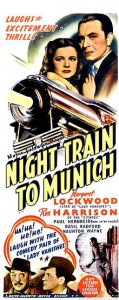

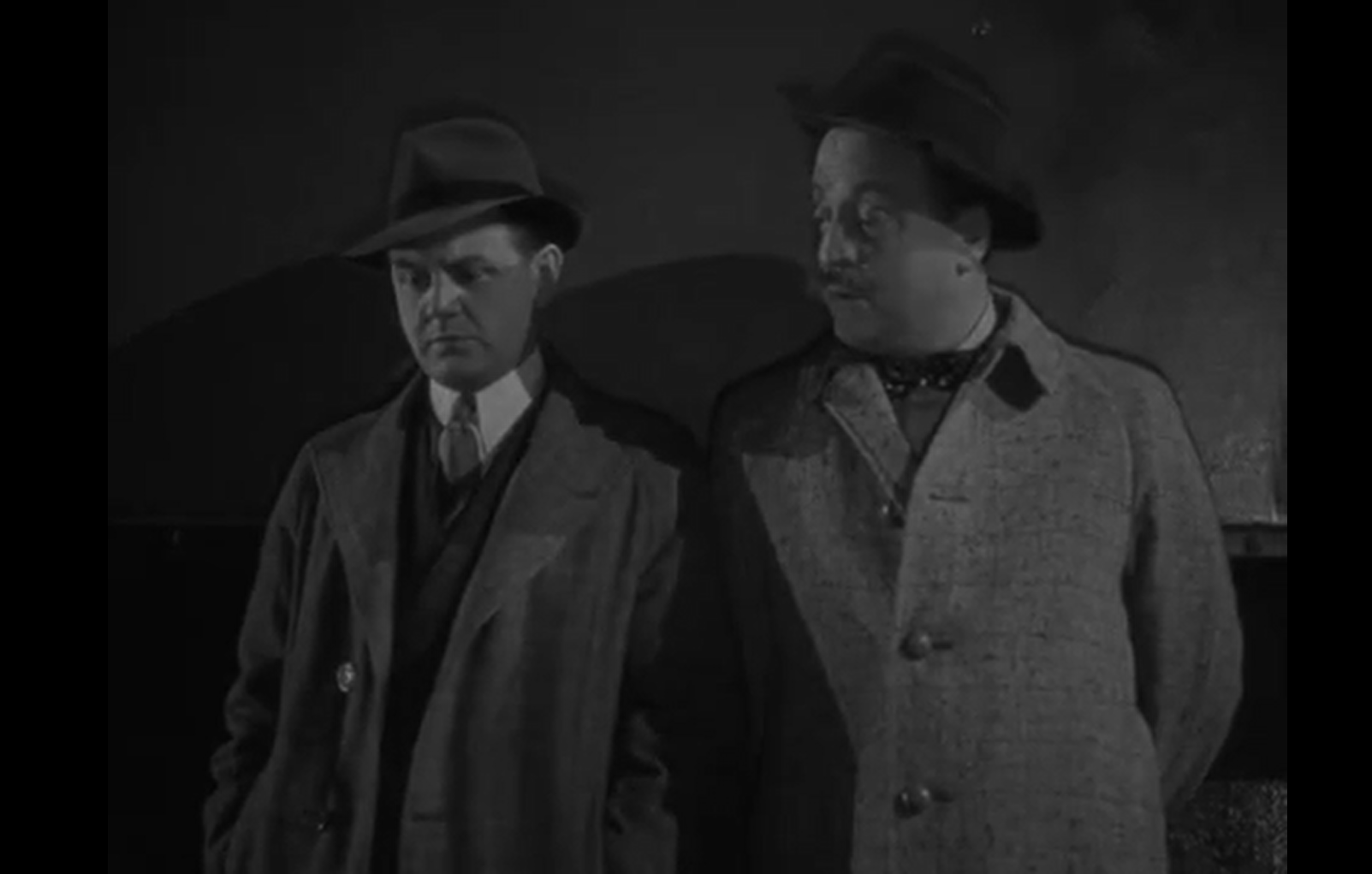
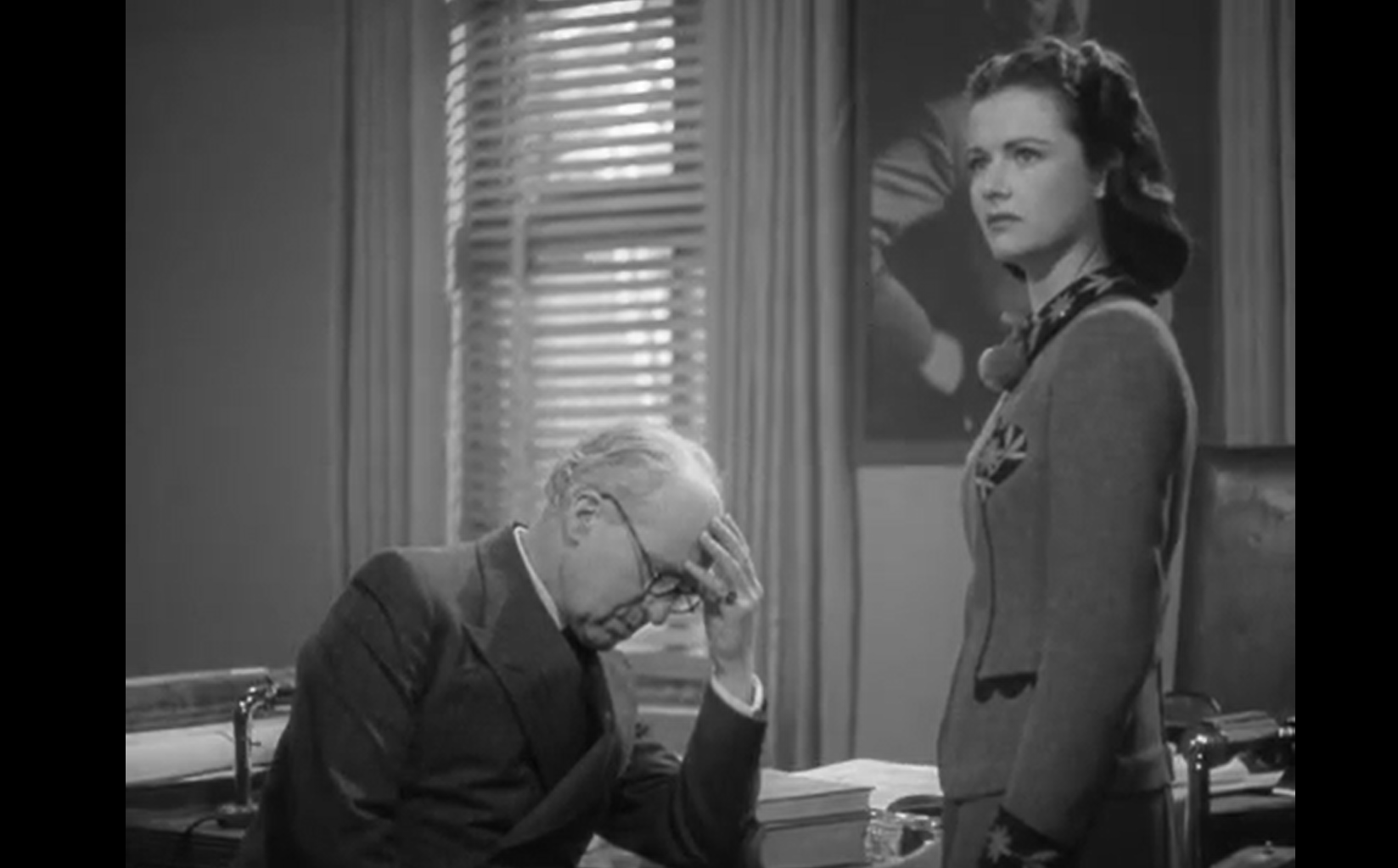
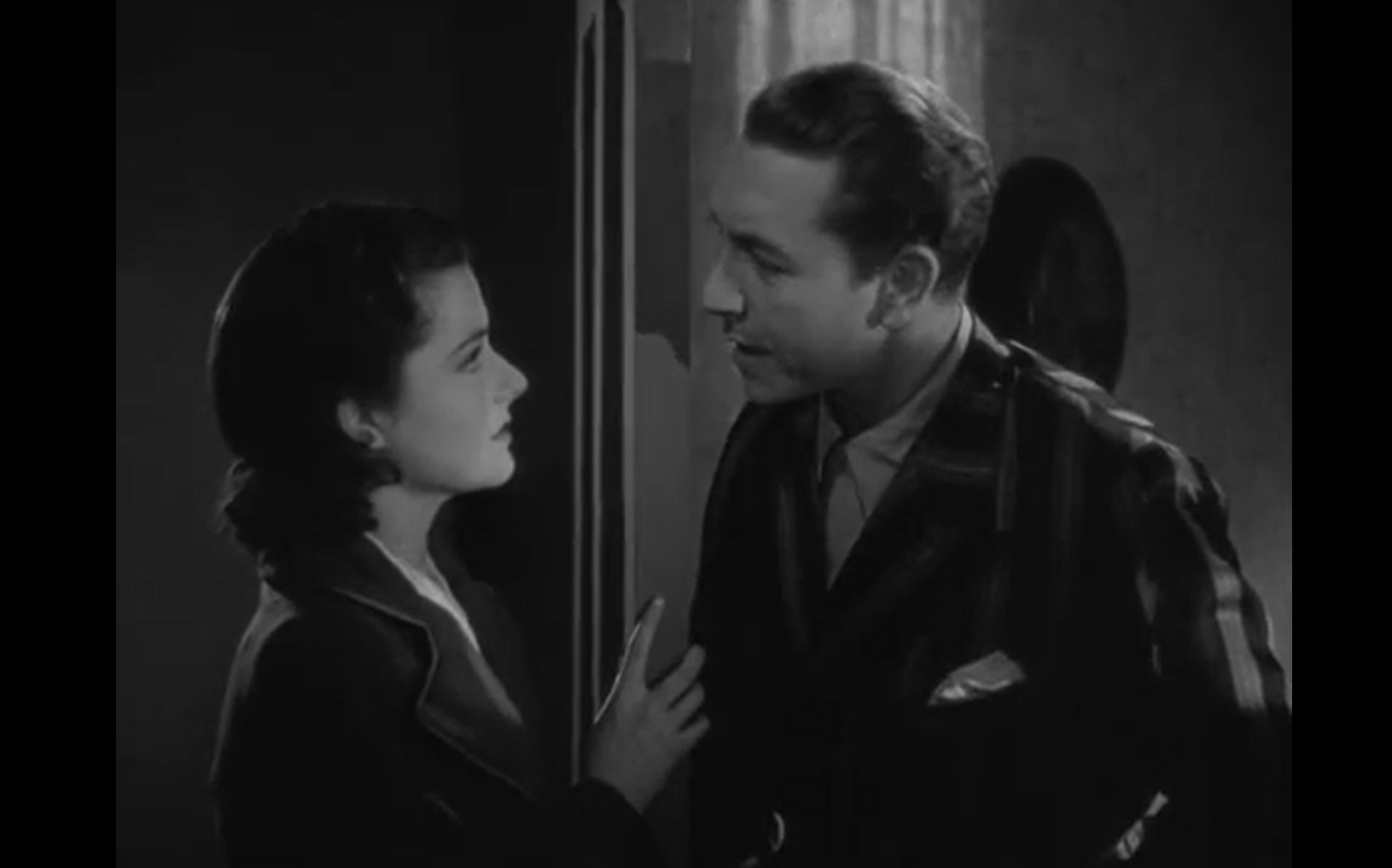
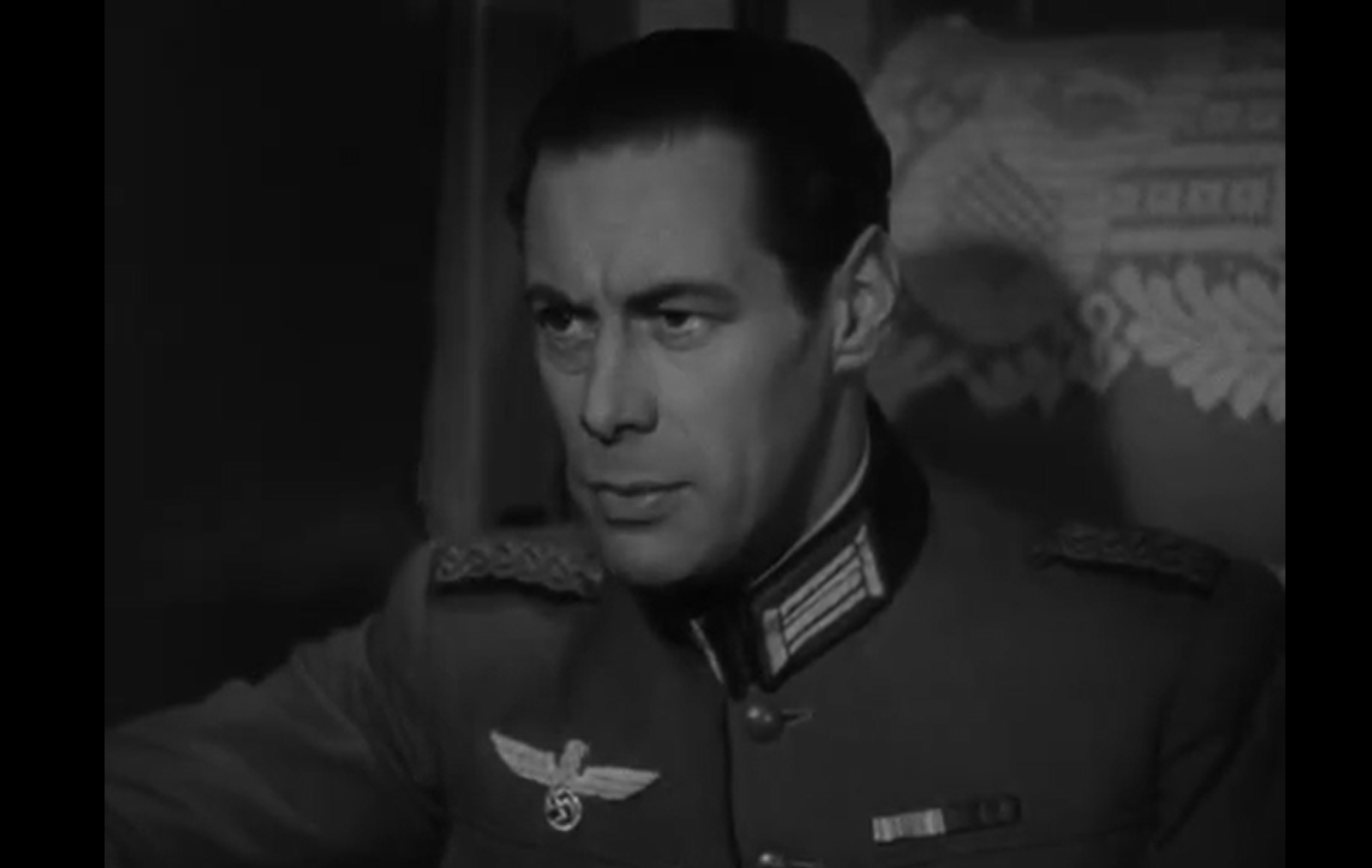
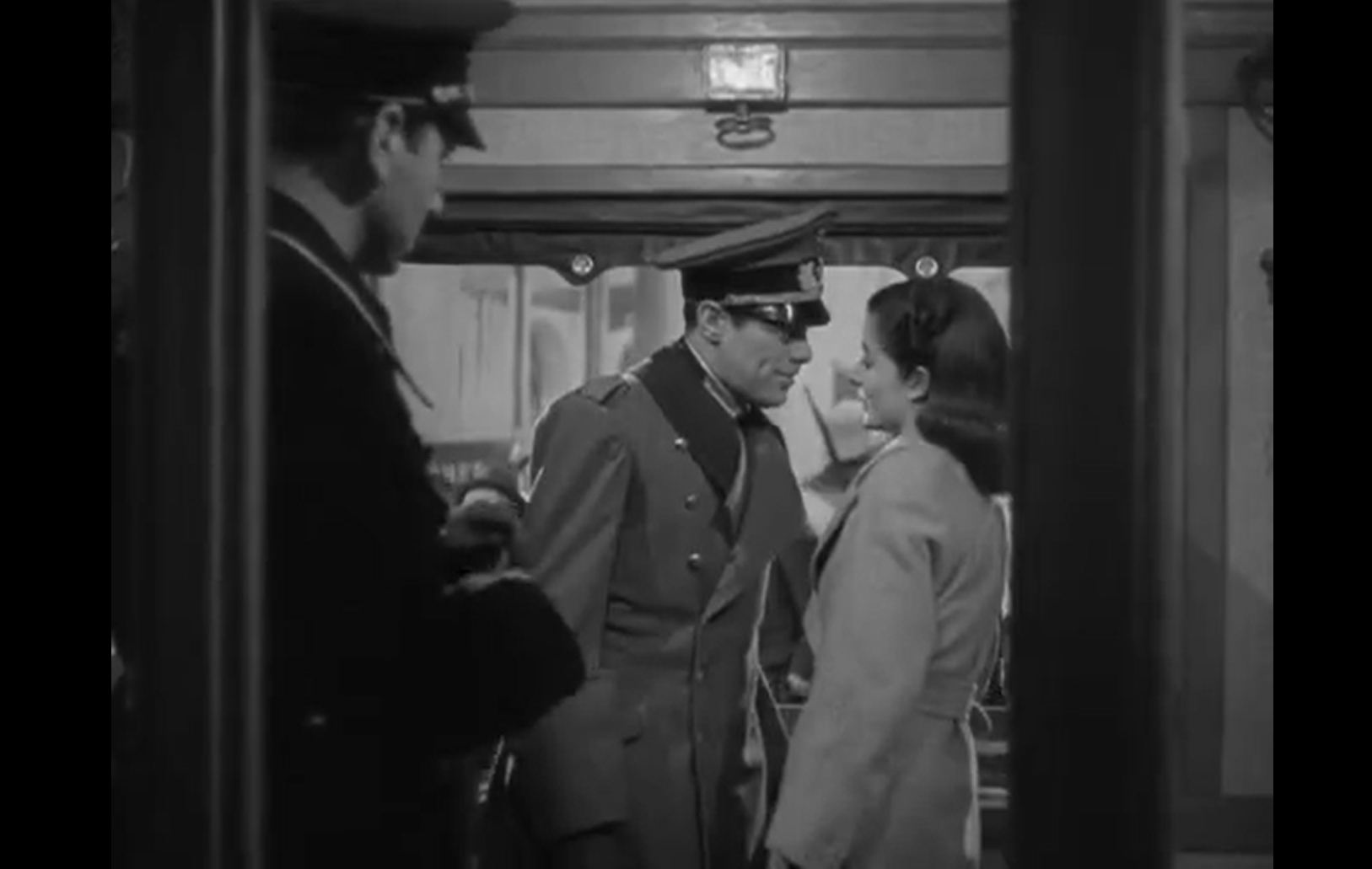
One thought on “Night Train to Munich (1940)”
First viewing. A once-must, for its place in cinema history, Reed’s direction, and its status as what is often referred to here as “a good show”.
Given the overall positive report in the assessment above, I’m surprised that the ultimate conclusion reached is that it is not must-see. I’m at a loss in determining what the reservations are.
It’s true that the film bears a marked resemblance to ‘The Lady Vanishes’ (though not in an extremely overt or distracting way) and that the film – which is not without pointed and welcome moments of humor – serves well as both “escapist fare and patriotic stimulation”. (I’m also not sure why Radford and Wayne are thought to be so annoying.)
Reed’s crisp, efficient direction keeps everything moving in an admirable manner. The three leads, in particular, are fine (it’s also true that Harrison himself is not annoying – but giving a straightforward, unaffected performance) – and the film’s involved climax is exciting and satisfying.